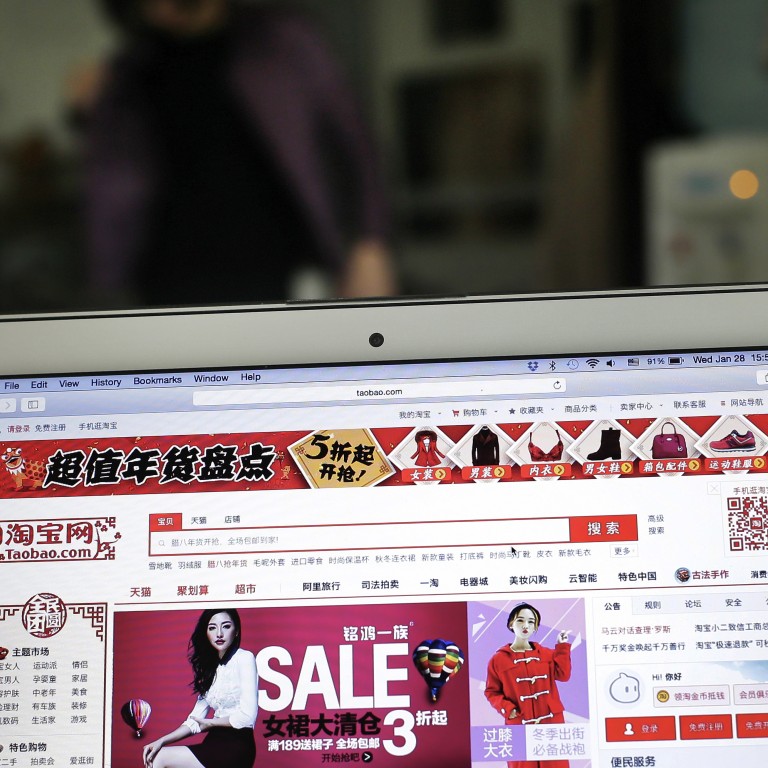
Beijing encourages courts to sell seized assets online
Need to buy a factory for cheap in a hurry? The judiciary has a few, priced at a steal
The judiciary has signalled its support for a widespread practice by courts of auctioning seized assets through a dedicated Taobao channel, much to the chagrin of auction houses, which argue a licence is needed to bring down the hammer.
About 700 courts in 21 provinces have turned to Taobao to sell factories, houses, cars, liquor and mobile phones seized and surrendered in legal judgments as of last month, according to the state media.
A court in Taizhou , Jiangsu auctioned off real estate for 351 million yuan (HK$441.27 million) in November, setting a national record. Jiangsu courts say more than 12 billion yuan worth of assets has passed between owners online under their watch.
The numbers are set to climb after the Supreme People's Court issued a five-year blueprint that encouraged the practice, amid the leadership's push to make the legal system more transparent.
The , under the supervision of the Communist Party's Central Commission for Political and Legal Affairs, also quoted an unnamed official as saying an interpretation on the issue would be released within the year.
Anyone registered with Taobao, which must be done with one's real identity, can take part in the auctions. Bidders must make a deposit and collect it themselves if they win. For instance, a Geely brand car with a reference price of 17,000 yuan requires a 2,000 yuan deposit.
Representatives for the top courts in Beijing, Jiangsu and Fujian told the newspaper a key advantage of the system was its openness, as there has been criticism in the past over how the courts handled seized assets. Local courts decide which items to auction, and proceeds of assets seized from criminals are returned to their rightful owner or handed to a provincial treasury under local laws.
When seized assets were handled offline, transaction prices were far below the actual value, and court workers and auction agents were sometimes suspected of making under-the-table deals to rig the sale.
But auction houses have fiercely opposed the trend, saying auctioneers must be licensed to take part in the business. Legal scholar Tang Weijian of Renmin University of China said the clarification would put the practice on more obvious legal footing.
